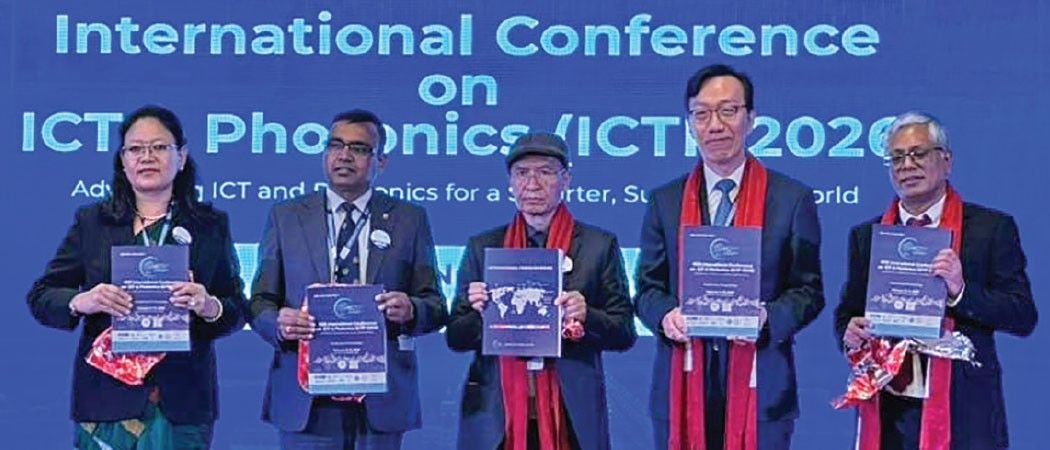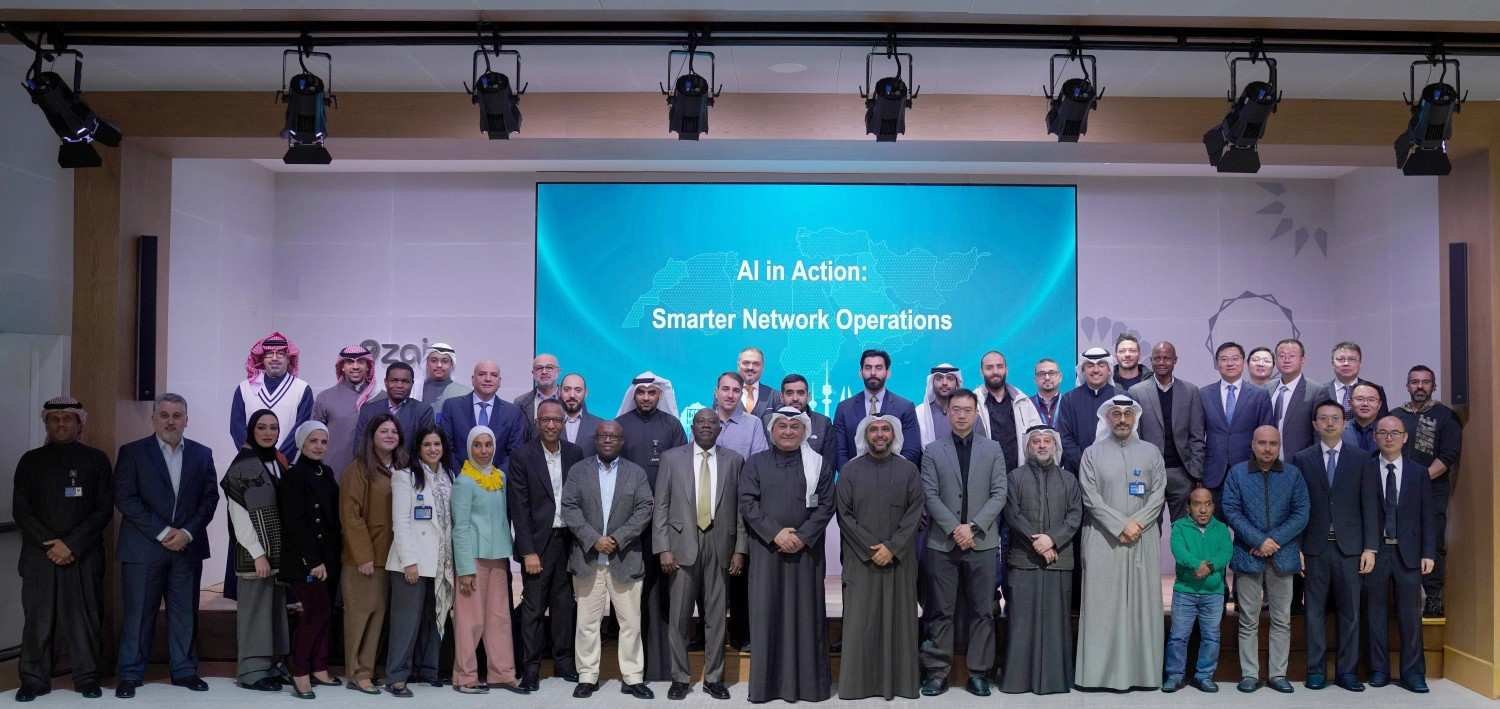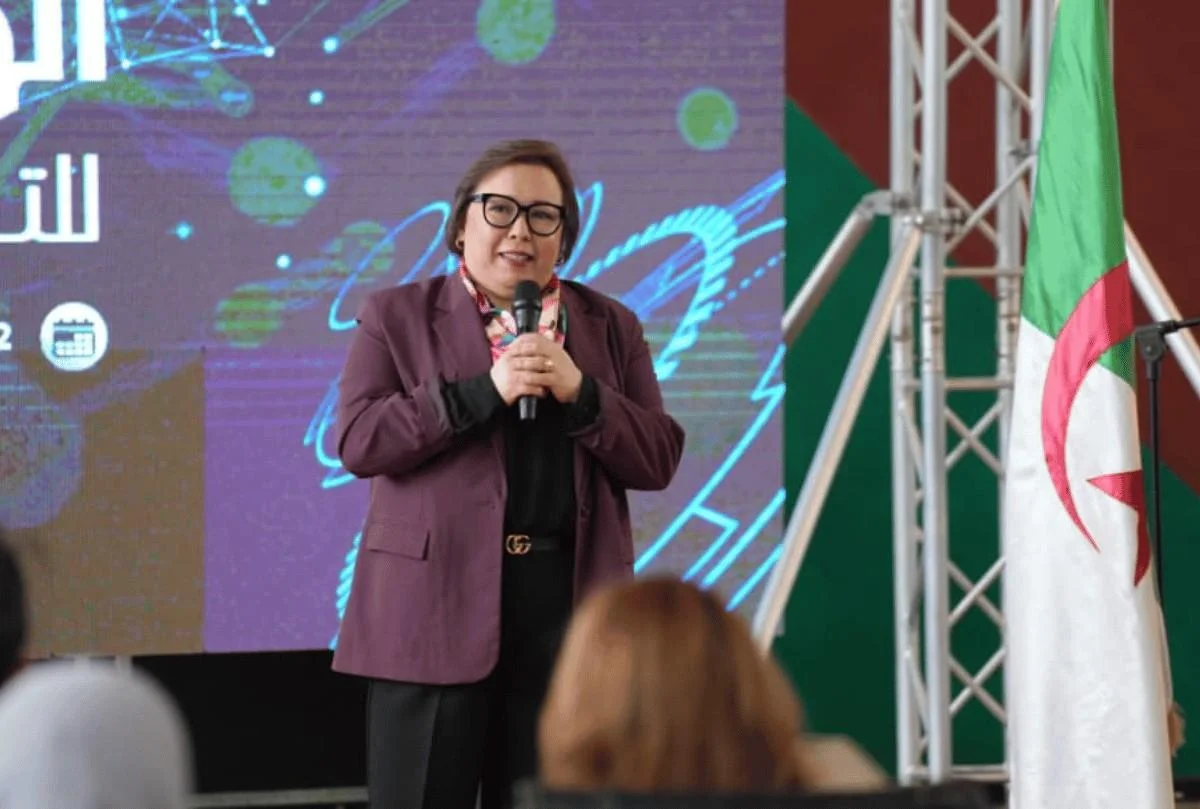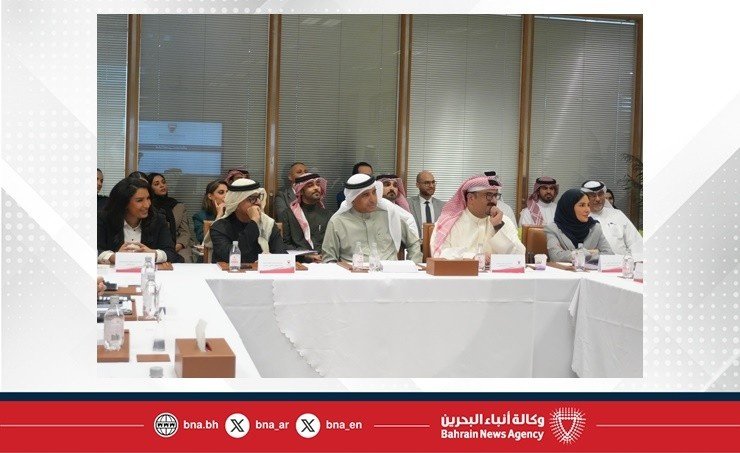On October 30 and 31, UNESCO, in collaboration with the Hashemite Kingdom of Jordan, co-hosted the Conference of Global Media and Information Literacy Week 2024 in Amman under the patronage of His Majesty King Abdullah II. The event brought together over 400 experts, educators, policymakers, civil society organizations, and media professionals from around the world, with thousands more participating online. The theme of the conference, “Navigating the New Digital Frontiers of Information: Media and Information Literacy for Public-Interest Information,” focuses on the evolving challenges and opportunities in today’s digital information landscape.
The conference featured panel discussions where experts addressed the changing digital media ecosystem. A dedicated session examined the transformative role of Artificial Intelligence (AI) in the media space, highlighting both opportunities and challenges, including ethical concerns and AI-generated misinformation. Participants analyzed UNESCO’s Policy Brief “User Empowerment through Media and Information Literacy Responses to the Evolution of Generative Artificial Intelligence (GAI),” emphasizing the need for media literacy to navigate this complex frontier.
Diverse stakeholders also discussed the influence of digital content creators within the media ecosystem and the importance of equipping the public with Media and Information Literacy (MIL) skills to evaluate content credibility. Renowned digital content creators and journalists, including Maria Paulina Baena, Faye D’Souza, Felipe Neto, and Tarek Sakik, shared insights into the challenges they encounter in the current digital landscape. These discussions set the stage for UNESCO’s forthcoming course, “Digital Content Creators and Journalists: How to Be a Trusted Voice.”
Day two of the conference commenced with a session on enhancing citizens’ resilience through MIL during crises. Speakers from India, Palestine, Sudan, and Ukraine showcased how critical-thinking skills can help mitigate panic, promote informed decision-making, and foster social cohesion in turbulent times. The concluding plenary session explored how cities can leverage MIL to aid citizens in effectively navigating the digital world and closing the digital divide, focusing on UNESCO’s Operational Guidelines on Media and Information Literate Cities.
Youth engagement remains a key focus of Global MIL Week. Fifteen students from Jordanian universities, including Zarqa, Yarmouk, Middle East University, Petra University, and Jordan Media Institute, participated in a Youth Multimedia Room. Led by prominent academics, this group provided real-time coverage and updates throughout the event. During the closing ceremony, winners of the Global MIL Youth Hackathon presented their innovative projects, showcasing how young minds are shaping the future of media literacy.
Pre-conference activities began on October 29 with workshops hosted by the Jordan Media Institute (JMI), aimed at equipping students from across Jordan with essential MIL skills. Additionally, on October 31, international and national partners organized a series of side events to provide valuable insights and practical tools for fostering collaboration and strengthening skills among attendees.















